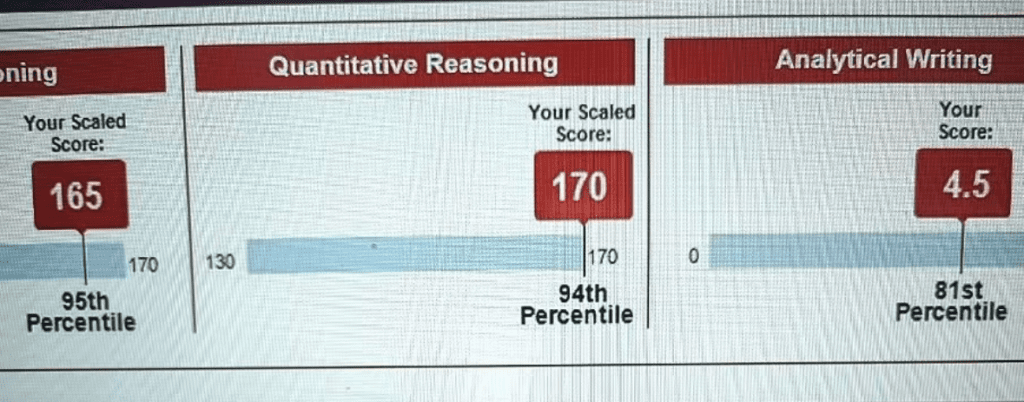Embarking on the journey to take the GRE (Graduate Record Examination) is a significant step for anyone aiming to pursue graduate studies or advance their career. Amidst the preparation for the test itself, understanding the financial aspects, specifically the cost to take GRE, is equally crucial. By cracking the code and navigating these expenses with precision, test-takers can better plan their budget and avoid any unexpected financial surprises.
The Core Cost: Registration Fees
The most fundamental expense associated with the GRE is the registration fee. As of [current year], the standard registration fee for the GRE General Test is $231 in the United States and many other regions. This fee covers the basic administration of the test, including access to the test center, proctoring services, and the processing of your scores. However, it’s important to note that this cost can vary depending on your location. For instance, in some countries, additional taxes or surcharges may be applied, increasing the overall price.
Moreover, if you choose to take the GRE Subject Tests, which are designed to assess your knowledge in specific fields like biology, chemistry, or mathematics, each subject test comes with its own registration fee of $150. This is an additional expense to consider if you’re applying to programs that require these specialized scores.

Additional Costs: Rescheduling, Changing Test Centers, and Score Sending
Life is unpredictable, and there may be instances where you need to reschedule your GRE or change your test center. While these options provide flexibility, they come at a cost. Rescheduling your GRE General Test at least four days before your original test date incurs a fee of \(50. If you miss this window and need to reschedule within four days of the test, the fee jumps to \)231, which is equivalent to the full registration cost. Similarly, changing your test center also has a fee of $50 if done at least four days in advance.
Another aspect to factor into the cost to take GRE is sending your scores to institutions. The initial registration includes the option to send your scores to up to four institutions for free. But if you want to send your scores to additional schools after taking the test, each score report request costs $27. This can add up quickly, especially if you’re applying to multiple graduate programs.
Preparation Expenses: Books, Courses, and Practice Tests
Preparing for the GRE effectively often involves investing in study materials. High-quality GRE prep books can range from \(20 to \)50 each. Popular options include comprehensive guides that cover all sections of the test, as well as specialized books for specific areas like verbal reasoning or quantitative reasoning.
For those seeking more structured learning, GRE prep courses are available. These can be in-person or online, and their costs vary widely. Online self-paced courses might start at around \(100, while live online courses with instructor support can cost anywhere from \)300 to \(1,000 or more. In-person courses at test prep centers typically fall on the higher end of the spectrum, often exceeding \)1,000 due to the added cost of physical space and instructor time.
Practice tests are also an essential part of GRE preparation. While the official GRE website offers some free practice materials, access to additional full-length practice tests often comes with a price. Purchasing a set of official practice tests can cost around $40, but they provide invaluable insights into the test format and help you assess your readiness.

Strategies to Minimize the Cost to Take GRE
Despite the various expenses involved, there are several strategies you can employ to reduce the cost to take GRE. First, plan your test date well in advance to avoid rescheduling fees. By giving yourself ample time to prepare, you can increase your chances of being ready on the initial test date.
When it comes to score sending, research your target institutions’ requirements thoroughly. Some schools may accept unofficial score reports for the initial application review, allowing you to save on score report fees until you’re sure you want to enroll. Additionally, look for free or low-cost study resources. Many libraries offer GRE prep books for borrowing, and there are numerous free online resources, such as blogs, forums, and video tutorials, that can supplement your learning.
The Importance of Precision in Cost Planning
Understanding and navigating the cost to take GRE with precision is not just about saving money; it’s about ensuring a smooth and stress-free testing experience. By having a clear picture of all the potential expenses, you can budget effectively, allocate resources appropriately, and focus your energy on preparing for the exam. This financial foresight can also help you make informed decisions about your graduate school applications, ensuring that you’re not caught off guard by unexpected costs along the way.
In conclusion, cracking the code of the cost to take GRE requires a detailed understanding of all the associated expenses and a strategic approach to managing them. By following the tips and insights outlined in this article, you can navigate these costs with precision and set yourself up for success on your GRE journey and beyond.


